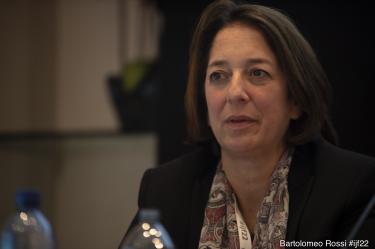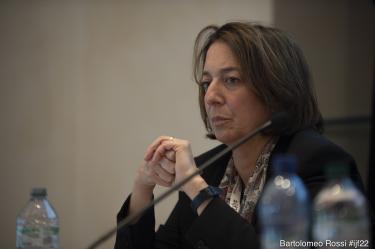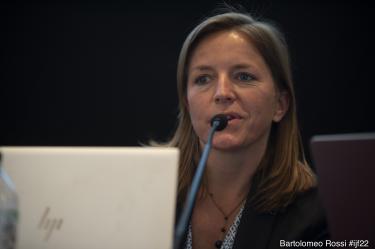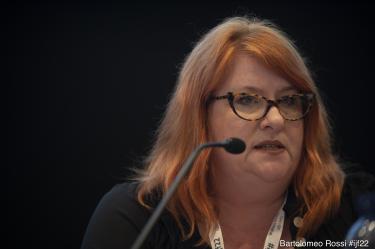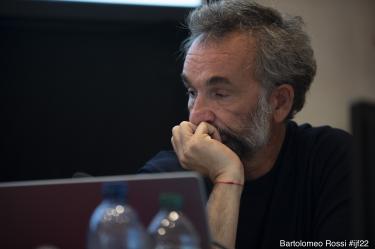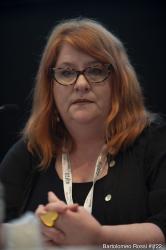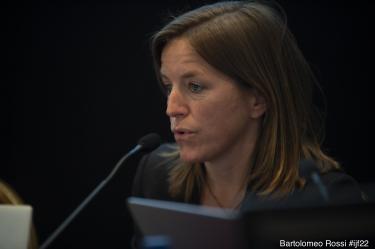Global efforts to sustain journalism as a public good have increased in urgency in parallel with escalating pandemic-era threats. Newspaper sales in low- and middle-income countries have been particularly hard hit by the crisis. Increased traffic on digital platforms has largely failed to convert to effective revenue increases for such independent news media. As a result, there have been unprecedented closures, contractions, and job losses across the industry. Journalists were declared an “essential service” in many countries during the pandemic, which galvanized those in the media development and policy community to find ways to assist struggling outlets, preserve independent journalism and safeguard the flow of quality information given its vital role in democracy and development, not least in the face of disinformation about the pandemic. But key questions still remain: How is independent public interest media to be paid for? And what are the best ways to make quality journalism self-sustainable?
This panel will present a UN-commissioned assessment of international responses to hybrid media viability threats and share recommendations for action designed to stimulate efforts at the national and global levels. Case studies in diversified revenue streams will also be discussed. Anchored by media viability expert Dr. Anya Schiffrin (School of International & Public Affairs, Columbia University), who is the lead author of a new UNESCO policy brief on the theme, the panel will also feature her co-authors Dr. Julie Posetti (ICFJ) and Prof. Emily Bell (Tow Center, Columbia University), along with Branko Brkic - Editor-in-Chief of the resilient and plucky South African outlet, Daily Maverick.
Organised in association with International Center for Journalists.



